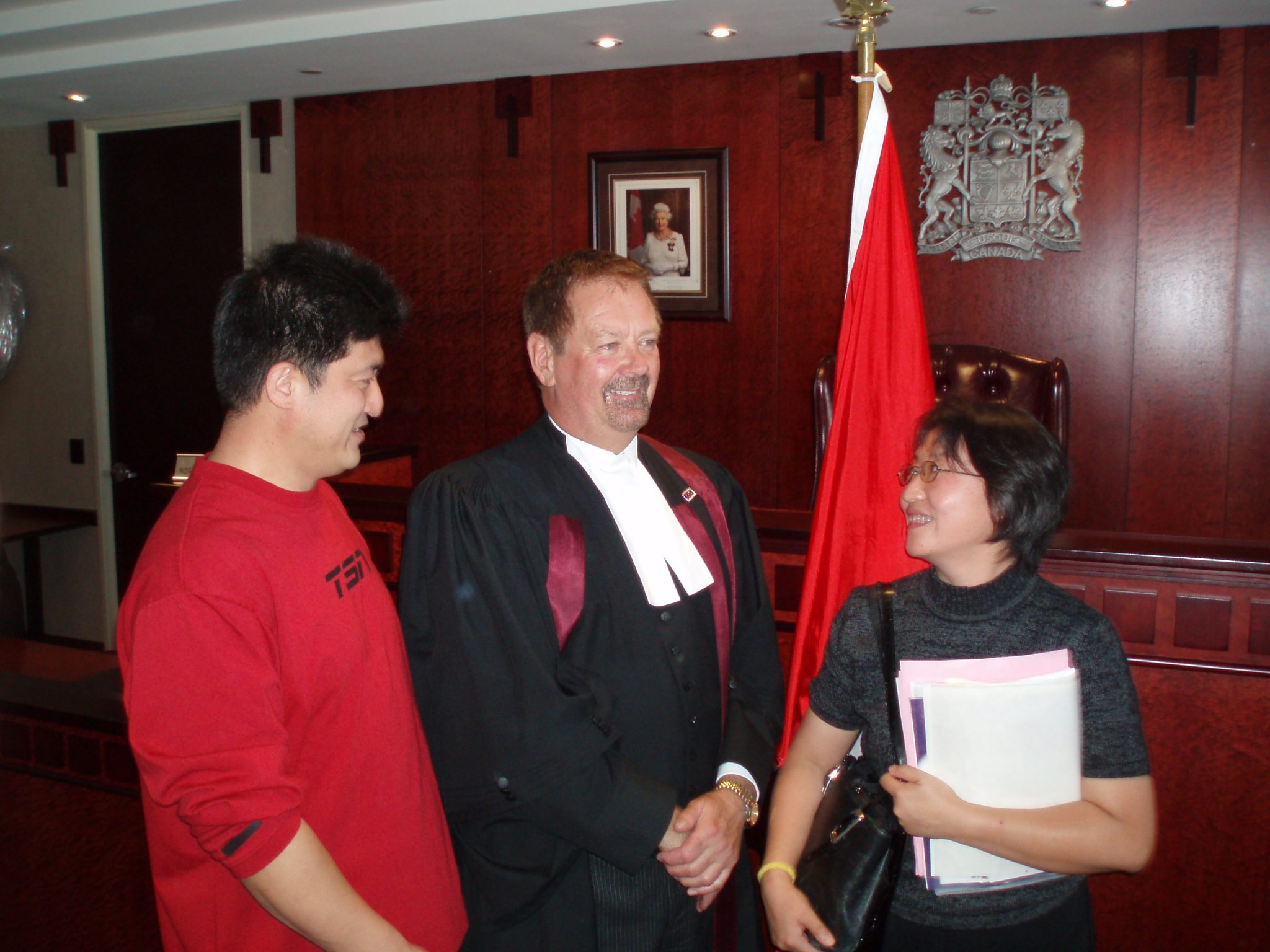A Look at Some of The Immigration Challenges That May Be Holding Back Immigration to Canada
During the U.S. presidential election campaign, the running joke amongst many Americans was that if the election didn’t go their way, they could always move north to Canada. But while Americans have a habit of threatening to move to Canada during elections, few actually go through with the move, and the Canadian immigration system and citizenship process may be partially to blame. There are many forms, and many requirements inherent within the Canadian immigration system
Ottawa-based citizenship lawyers are here to help make the process as easy as possible. They specialize in helping you come and establish yourselves in Canada. However, the process requires patience and commitment on your part. Some considerations you may want to take into account before uprooting to Canada include:
Costs
For those looking for permanent residence through streams such as Express Entry or Humanitarian & Compassionate claims, the processing fee is $550. Once granted, applicants must pay another fee for the ‘right of permanent residence’ in the sum of $490.
If sponsoring a family member, an additional $75 sponsorship is also required.
Fees must also be paid for citizenship. The application fee itself is $530, while the right-of-citizenship fee is an extra $100. In the event that the citizenship application is denied, only the $100 fee will be refunded.
Learn more about the various application fees here.
Residency Requirements
To maintain their status as a Permanent Resident, applicants must live in Canada* at least 2 out of every 5 years. Meanwhile, to gain citizenship, an applicant must be physically present in Canada as a permanent resident for at least three out of five years immediately before the date of their citizenship application. Thanks to new legislation passed earlier this year, applicants who have spent time in Canada before (for example, on a study visa) may now count up to one year of time against this requirement.
Individuals who have been found to not comply with their residency obligations may lose their permanent residency. However, such a finding can be challenged at the Immigration Appeal Division of the IRB.
* You are still considered to be “in Canada” if you are travelling with a spouse who is a Canadian citizen; an employee of (or under contract for) a Canadian business; or travelling with a spouse/partner who is a Canadian PR and is working full-time for a Canadian business or the public service.
Proof of Income
For proof of income and employment, Citizenship applicants must provide tax returns for three years out of the five that they have lived in Canada as a permanent resident.
If applying through Express Entry without a valid job offer, the requirements are rigorous. For example, IRCC requires letters from banks outlining applicant’s average account balances over the previous six months to the application (amongst other information); and that finances used towards settlement funds be liquid. Furthermore, applicants must demonstrate they can support their whole immediate families, even if they are non-accompanying.
Processing Times
Canadian visa offices are notoriously slow. Depending on which visa office an applicant applies through, and for which stream, applications can take years to process. In-land applications are little better: currently, spousal sponsorships take over two years on average to be approved. This does not include return times if an application is found to be incomplete.
Canada introduced the Express Entry system to economic classes to help speed these processing times up. The average quote for Express Entry after receiving an Invitation to Apply and applying is currently around 6 months long.
Denials
Even if applicants meet all of the requirements, there are many situations that could lead to citizenship applications being denied. Applicants may be denied Canadian citizenship if they:
- Are serving a prison sentence in or outside of Canada, or are on parole or probation in Canada;
- Are charged, being tried, or appealing an indictable offence committed in or outside of Canada, or an offence under the Citizenship Act;
- Have been convicted of an indictable offence, or an offence under the Citizenship Act, in or outside of Canada within the four years prior to the application;
- Have been convicted of high treason, treason, terrorism, or spying offences while being a permanent resident;
- Served as a member of a country’s armed force or armed group that engaged in armed conflict with Canada while being a permanent resident;
- Have a removal order;
- Are under investigation, being tried, charged, or convicted for, or appealing a war crime or a crime against humanity;
- Had a citizenship application denied in the past five years for misrepresentation;
- Had Canadian citizenship revoked in the past 10 years for fraud; or,
- Do not meet the requirements for a grant or resumption of citizenship.
Citizenship requirements may pose some barriers for those wishing to move to Canada. Thankfully, Canadian citizenship is attainable with adequate financial and social support and patience. For those interested in becoming a Canadian citizen, a citizenship lawyer can provide assistance with the application process. Contact a citizenship lawyer today to see how they can assist you, whatever your pathway to Canada is.
Share this article
Arghavan Gerami
Arghavan Gerami is the Founder and Senior Counsel at Gerami Law Professional Corporation ('PC'), a full-service immigration law firm in Ottawa, Ontario. Since 2011, Ms. Gerami has focused her practice on immigration and refugee litigation. Prior to that, Ms. Gerami worked at the Ministry of Attorney General and the Department of Justice and had the privilege of serving the Honourable Mr. Justice M. Evans at the Federal Court of Appeal on immigration and administrative law appeals. Ms. Gerami contributes to the Immigration Law Section of the Canadian Bar Association, the Canadian Association of Refugee Lawyers, and the United Nations High Commissioner for Refugees. Ms. Gerami has also published numerous journal articles and presented at various immigration and refugee law conferences and events across Canada.

